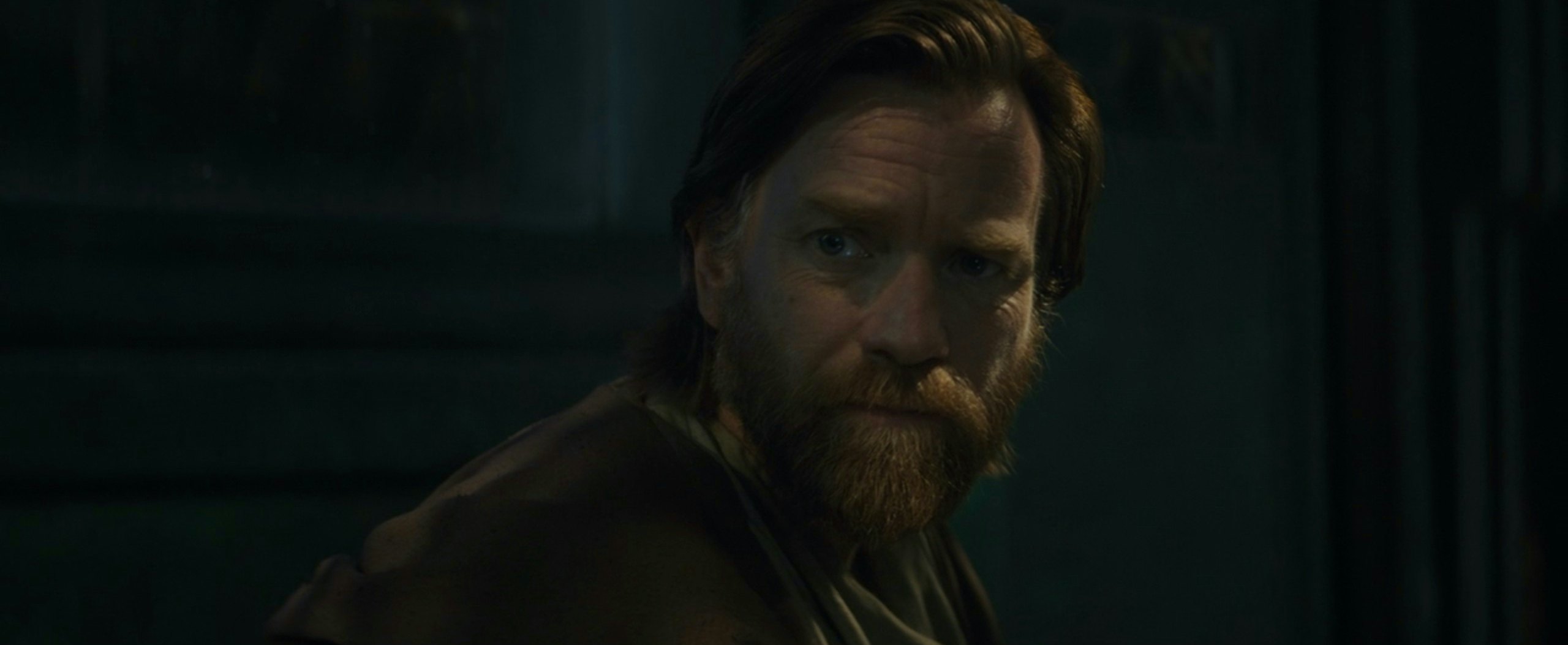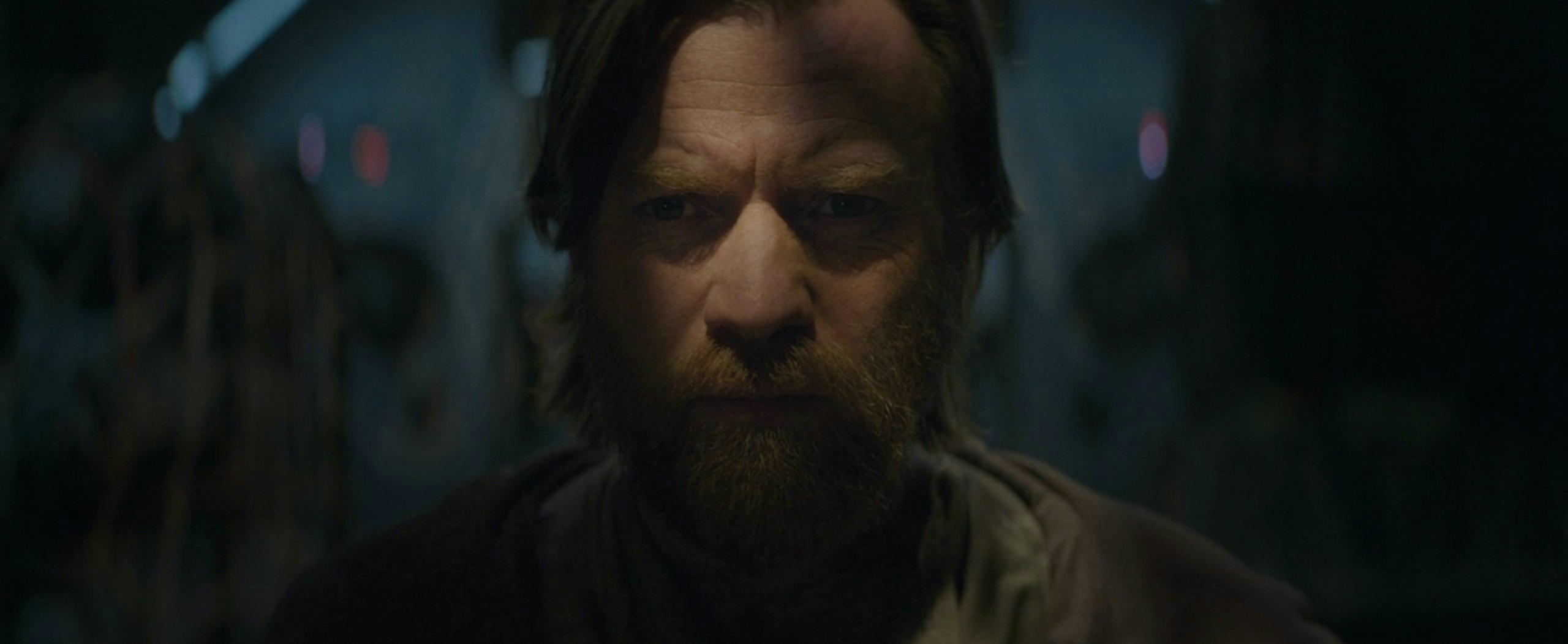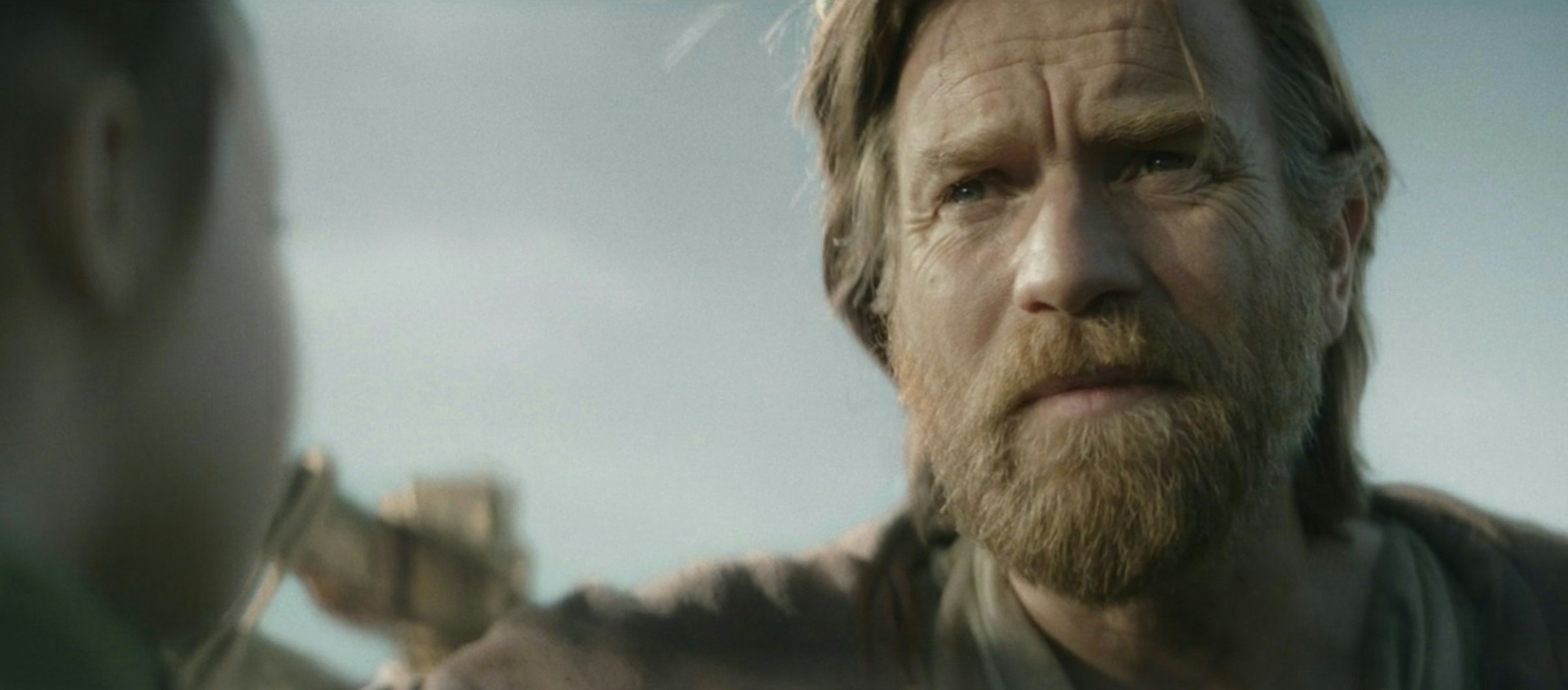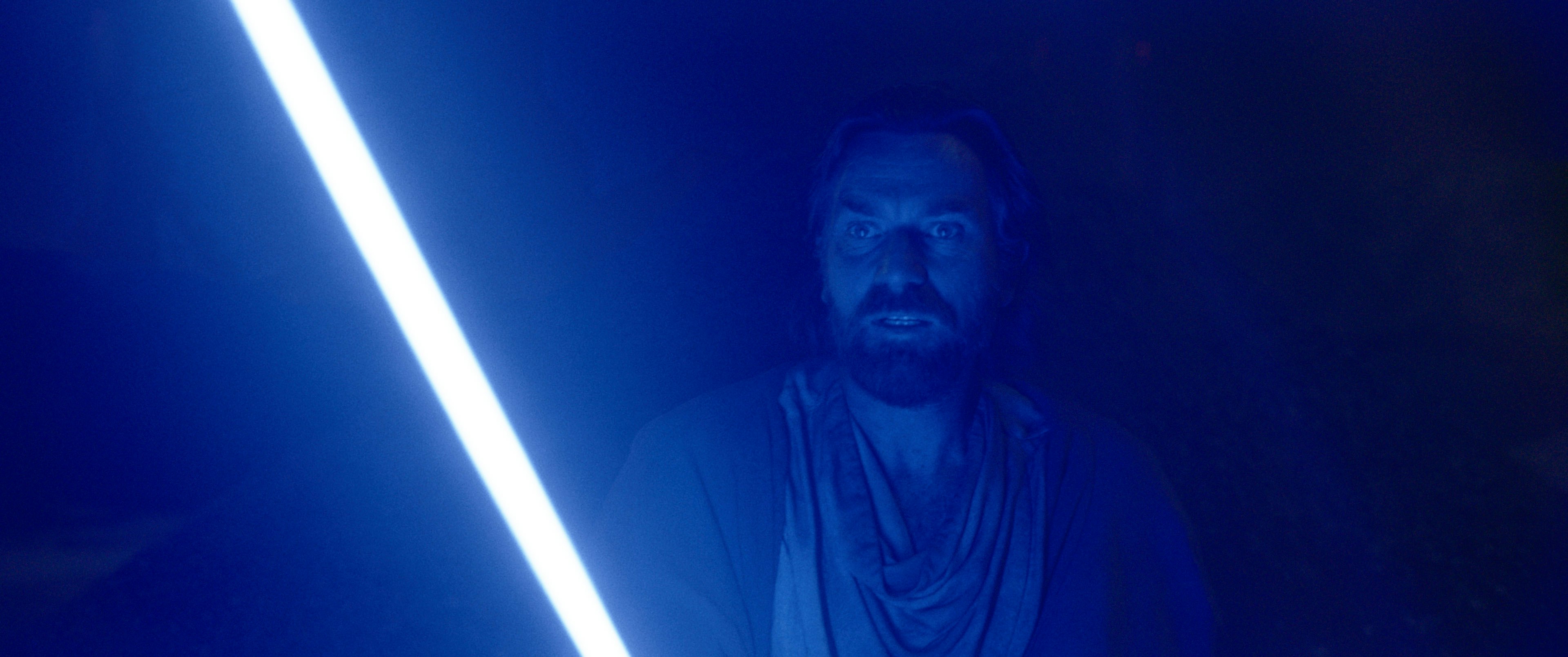
Obi-Wan Kenobi would not exist without Ewan McGregor. That may seem like an obvious statement, but McGregor’s role in the creation and production of Lucasfilm’s latest Disney+ series is more important than you may think.
Lucasfilm has always been more focused on building out the Star Wars universe than on spotlighting individual characters. There are a few exceptions, like Solo: A Star Wars Story and The Book of Boba Fett. Both of those projects were, like Obi-Wan Kenobi, created to tell new stories centered around established characters. But Star Wars fans weren’t excited for Solo and Boba Fett because of Alden Ehrenreich and Temuera Morrison; they were excited about the characters those actors were hired to play.
With Obi-Wan Kenobi, however, Ewan McGregor’s return as Star Wars’ greatest fallen Jedi has been a key part of the show’s appeal. Lucasfilm has even centered much of its marketing around McGregor. That’s understandable, but what’s more interesting is that the Disney+ series itself also seems to revel in McGregor’s long-awaited return to the Star Wars franchise.

Obi-Wan’s Story — Unlike most Star Wars films and TV shows, Obi-Wan Kenobi’s emotional stakes aren’t rooted in the actual plot. The series’ prequel setting prevents fans from feeling any genuine concern for the future of McGregor’s Obi-Wan, Hayden Christensen’s Darth Vader, or any other principal character who we know goes on to play important roles in the Original Trilogy.
The emotional weight of Obi-Wan doesn’t come from wondering what will happen in it, but from seeing how its events inform Kenobi’s transformation from an unbalanced nihilist to a wizened optimist. That’s a complex journey to base a story around, and it’s hard to imagine that Lucasfilm would have been willing to explore Obi-Wan’s emotional transformation were it not for McGregor.

An Actor’s Showcase — Fortunately, Ewan McGregor is more than meeting the demands of Obi-Wan Kenobi’s story. The actor is turning in yet another compelling and nuanced performance, and his performance in the show’s third episode in particular is startlingly effective due to how well McGregor communicates and inhabits Obi-Wan’s uncertain mental state.
The series has also given Obi-Wan the time to deliberate on his past and future. Director Deborah Chow has also made the smart choice to allow some of Obi-Wan Kenobi’s biggest moments play out entirely in close-up shots of McGregor’s face.
Those decisions have allowed viewers to engage with Obi-Wan’s emotional journey, and they’ve also made the Disney+ series feel like a showcase for McGregor as an actor. That in turn makes Obi-Wan Kenobi feel like a unique entry in Lucasfilm’s ever-growing Star Wars franchise.

The Inverse Analysis — Up to this point, Lucasfilm releases have focused on further exploring Star Wars’ mythology and history. Even character-centric titles like Solo and The Mandalorian are less focused on their stars’ performances than they are on expanding the Star Wars universe as a whole.
Obi-Wan Kenobi doesn’t have to worry about that, as the Disney+ series is telling a story that already has a predetermined beginning and end. It doesn’t have much room to introduce game-changing lore, and it doesn’t have the freedom to set up an ongoing story in the same vein as The Mandalorian either. The only thing Obi-Wan Kenobi can do is show viewers the transformation of its star.
In order for Obi-Wan Kenobi to do that, it has to allow Ewan McGregor’s performance to take precedence over everything else. Thankfully, that’s exactly what it’s done. As a result, Obi-Wan Kenobi feels like a refreshing change of pace for a franchise that’s previously chosen to prioritize the power of its own brand over the work of those involved in it.
Obi-Wan Kenobi is streaming now on Disney+.
Inverse may receive a portion of sales if you subscribe to Disney+ through the link.







